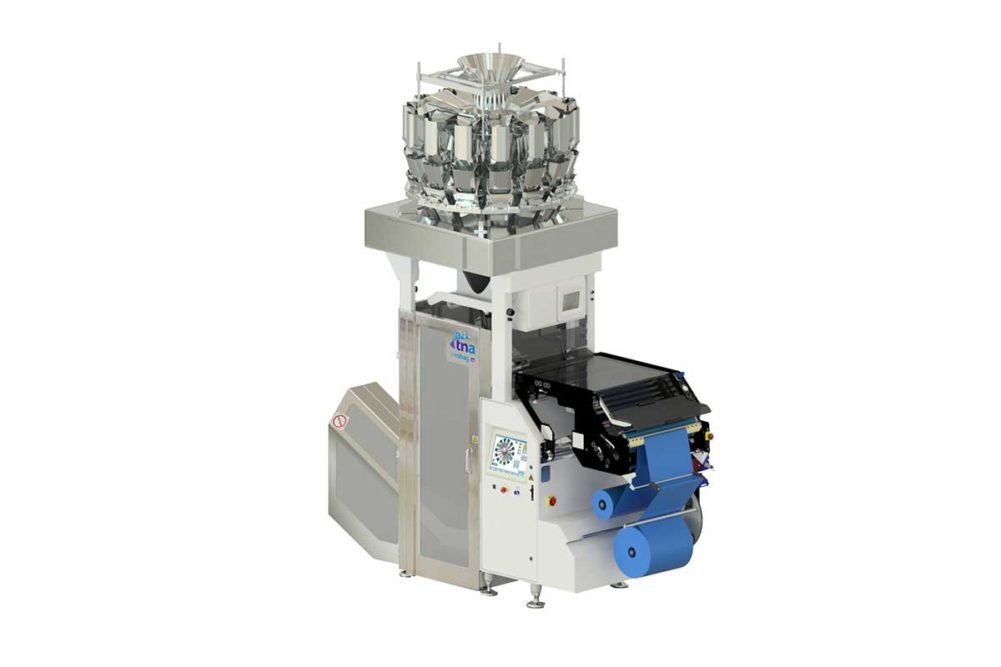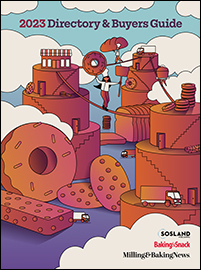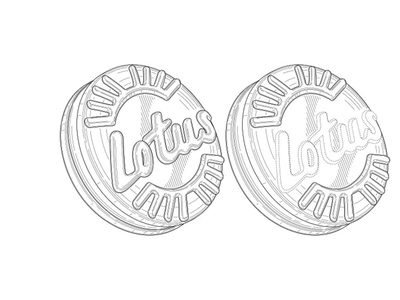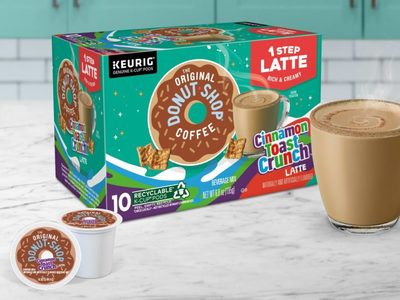The search for better, more sustainable packaging is a complicated and constant struggle for bakery and snack producers who want to ensure the quality and safety of foods while working toward sustainability goals.
“That’s more and more important for consumers,” said Jorge Izquierdo, vice president of market development, PMMI. “There’s a lot of movement in that direction that’s creating significant changes in the materials that bakeries are using. If in the past you were using some type of film that has multiple layers, now you’re moving into mono-materials or in some cases, plant-based films in some specialty products.”
Companies that have used the same materials for years are testing and using new packaging more frequently, which likely requires some equipment adjustments, potentially slowing down throughputs, he said.
“When you’re changing the formulation and going to a mono-material, going to more biodegradable or compostable materials and there’s a lot of movement toward those materials now, there’s a lot of significant implications,” Mr. Izquierdo explained. “I was in a conversion with a manufacturer of form/fill/seal machines, and he was telling me how this is pushing them from using thermal sealing to ultrasonic sealing. The ultrasonic sealing provided them with a wider range of materials they can use with more flexibility.”
Ultrasonic sealing involves two bars vibrating at high speeds, and the friction seals the product. It has the advantage of being able to squeeze out any product that may be in the way but still get the job done while other sealing methods would not, he said. It also is a thin seal as opposed to the thicker thermal seals used by many manufacturers, thus saving material.
Having equipment that can pivot to new materials is vital.
“It is important to opt for packaging equipment that can handle all sustainable packaging options relevant for this segment, including the use of compostable materials that can be easily composted at home,” said Mukul Shukla, vice president, North America, TNA. “By leveraging the power of gentle rotary vertical form/fill/seal technology, snack producers can meet increasing consumer demand for sustainable packaging materials and succeed responsibly in an ever-changing landscape.”
Christian Romualdi, group marketing and communication manager, IMA Ilapak, said he’s seeing bakeries and snack producers spend their money on flexible machinery that allows customers to process very different wrapping materials that can switch from one film to another in an automatic or semi-automatic way. That includes “machines able to easily manage critical parameters and capable of handling multiple applications without requiring specific operator skills,” he said.
The company We Seal specializes in the manufacture of recyclable tape-based bag closures and their applicator machines.
“Our closures are easy to open, resealable, thermal transfer compatible, have no sharp edges and use 80% less raw material than rigid plastic tags,” said Richard Hobson, the company’s chief executive officer. “Closures can be manufactured using recycled materials and are fully recyclable.”
OEMs are serving up new and exciting technology that is more efficient, easier to use and more flexible. As producers deepen their ties and improve collaboration with OEMs, they will be well-equipped to fulfill their packaging needs in the future.
This article is an excerpt from the August 2023 issue of Baking & Snack. To read the entire feature on Packaging Innovations, click here.






